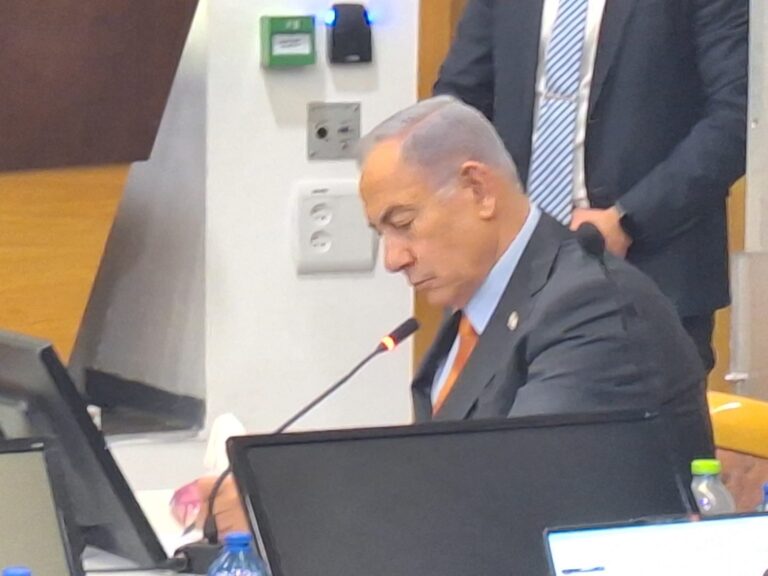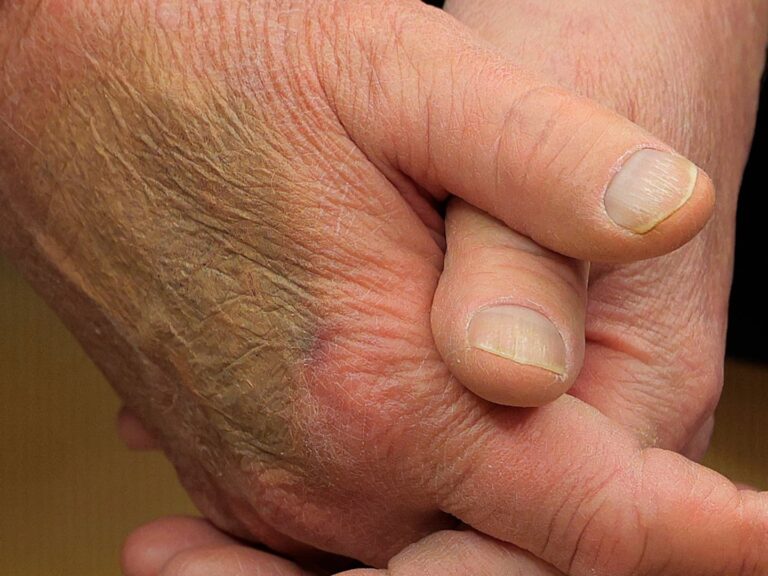 Retailers in 40 U.S. states can now charge up to 4 percent extra when consumers pay for goods and services with a credit card.
Retailers in 40 U.S. states can now charge up to 4 percent extra when consumers pay for goods and services with a credit card.
These so-called “checkout fees” went into effect Jan. 27, and do not apply to debit card payments. The fees are illegal in California, New York, Texas and seven other states.
It is up to individual businesses to decide whether or not to add the fee. They also need to disclose it to consumers.
The surcharge is the result of the biggest anti-trust settlement in U.S. history. In 2005, a group of merchants claimed that MasterCard, Visa, and nine other companies including JP Morgan Chase & Co conspired to fix the fees that stores pay to accept credit card purchases.
After years of negotiations the case, which was in the U.S. District Court for the Eastern District of New York, settled. The credit card companies and banks agreed to pay $6 billion to the merchants who sued.
As part of the settlement, the merchants are allowed to charge customers a fee equal to the cost of accepting cards, typically 1.5 percent to 3 percent of the purchase price.
“While it is legal to charge extra, there are still limitations,” said Kathy Li, the San Francisco director of Consumer Action, a consumer advocacy agency. “For example, what kind of cards can be charged? What cards can’t be charged?”
To avoid the surcharge, consumers can pay with cash or debit cards. And when shopping online, “there’s always PayPal or other electronic payment options that can’t charge extra,” said Li.
Have you checked out YWN Radio yet? Click HERE to listen!
(Reuters)











2 Responses
Why is this new? Gas stations have been doing this for years.
Some stations in NJ are charging as much as 10 cents a gallon more for credit sales.
I think it is a great idea and the Government should force all retailers to do it. Me as a merchant, why should I pay for my customers vacation? The cards that they use gain points and miles and enables them to go on vacation. What right do they have to force me to pay for their vacation?